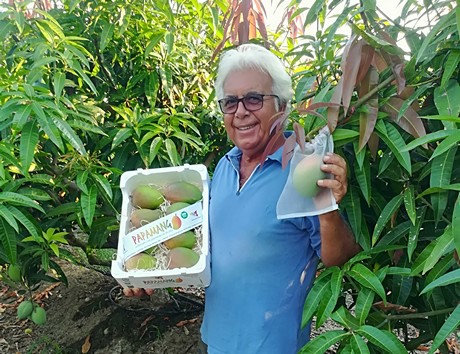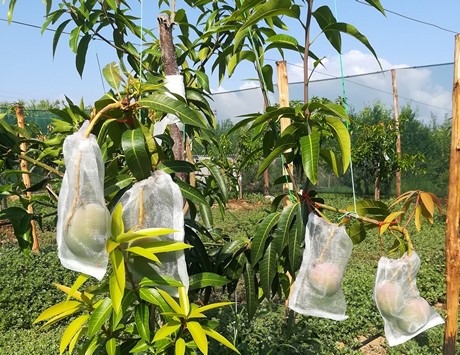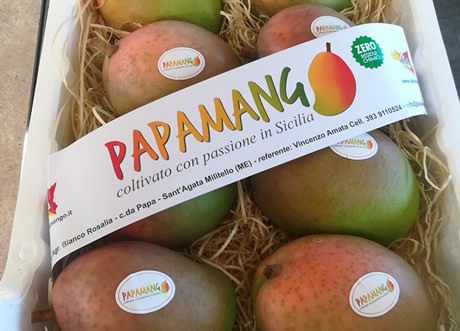"Mango demand is constantly increasing in Italy and Europe and, thanks to the favorable weather, cultivated areas are increasing in the south of the country," explains Vincenzo Amata from Papamango.
 Vincenzo Amata
Vincenzo Amata
"Consumers are more and more aware as regards the needs of the environment and one of the advantages presented by our mangoes from this point of view is that they can be consumed wherever in Europe in just two days."
"We guarantee fresh produce with great food security, as the fruit is grown in Italy where phytosanitary laws are strict. Many elements make the difference when it comes to our productions, not least our lower environmental impact compared to the expensive and complex logistics required for the produce coming from overseas."
With a global production of around 40 million tons, mangoes are considered one of the most important tropical fruits worldwide. Most fruits come from the Far East, Africa, South America and Australia, while the leading consumers are the US and EU.
 Bagged mangoes
Bagged mangoes
"Another advantage is that our fruits are closer and closer to organic standards. What is more, we always strive for excellence - we have always wanted to safeguard sustainability and have therefore started protecting our fruits from insects and parasites with a bagging system. This way, we can provide final consumers a product not just with superior organoleptic qualities, but also characterized by a lower use of pesticides."

Italy is the eighth importer of mangoes in Europe with around 8,000 tons of produce purchased, although national productions are growing, especially in Sicily where most of the 100 total hectares cultivated in Italy is located.
